According to the New York Times, Indonesia is one of the world's largest consumers of coal, a very polluting fossil fuel.
Currently, the country is using coal power to generate 60% of its necessary and last year, it was the ninth carbon emitter in the world.
The nations that struck the 20 billion deal are looking to fight climate change by helping Indonesia switch to more climate-oriented ways of gathering energy.
The US and some European countries also pledged last year to offer South Africa 8.5 billion USD in grants and loans so that the African country can also reduce its reliance on coal power.
Other countries could receive similar help to transition to clean power, some of them being India, Vietnam and Senegal.
Indonesia promised to keep carbon emissions from the energy sector at 290 million tons per year by 2030, seven years earlier than planned before.
To do that, country officials want renewables to produce 34% of the power requirements by 2030, compared to 11% now.
About 10 billion USD will come in grants, loans from Japan, Canada, the US and Europe and another 10 billion is expected to be offered by private investors.
John Kerry, President Biden’s climate envoy, said that "at every step, Indonesia has communicated the importance of building a clean economy that works for the people of Indonesia and attracts investment."
There are plans from the national energy company to build an additional 13 GW of coal power so that energy demand can be met.
The deal partners will aim to finish the plan of the transition over the next three to six months and also to outline the policy changes Indonesian officials will have to make.
Camilla Fenning, an expert on fossil fuel transitions at E3G, a London-based climate change think tank, said that "the big question is whether money is going to flow swiftly and properly into these partnerships."
"If it doesn’t, that’s really going to degrade confidence in these deals, given how much attention they’ve received so far", she added.
 Mihai - Cristian Ioniță
Mihai - Cristian Ioniță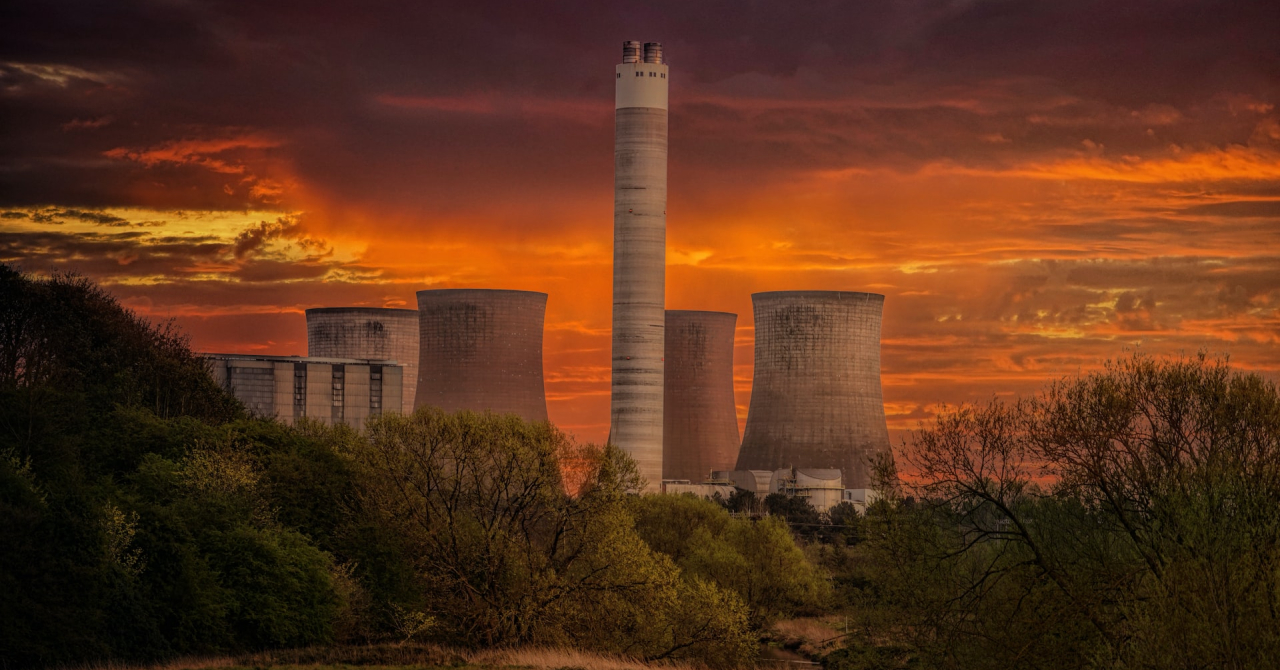








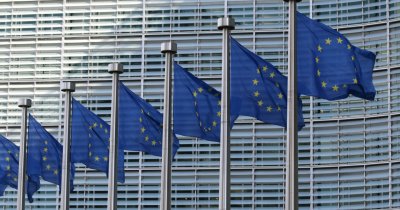
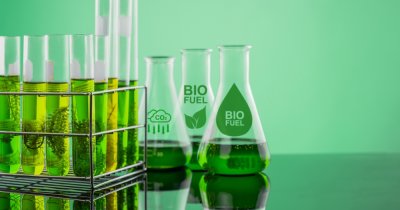
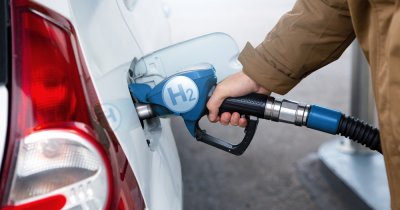
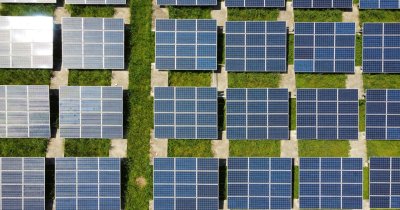
Any thoughts?